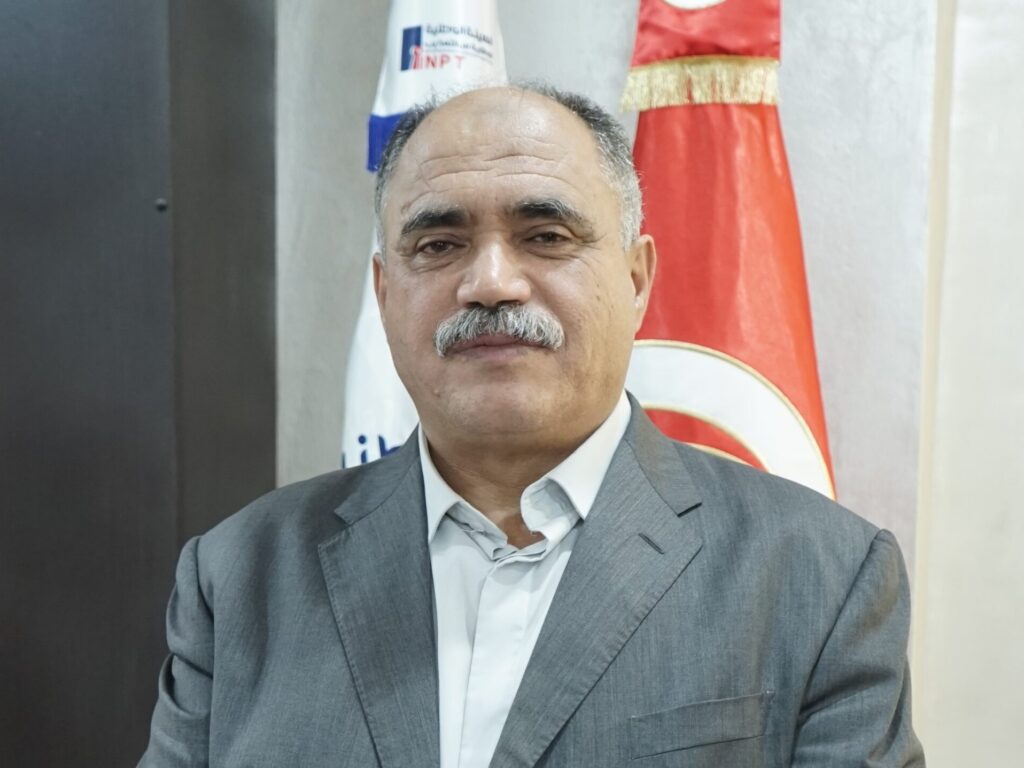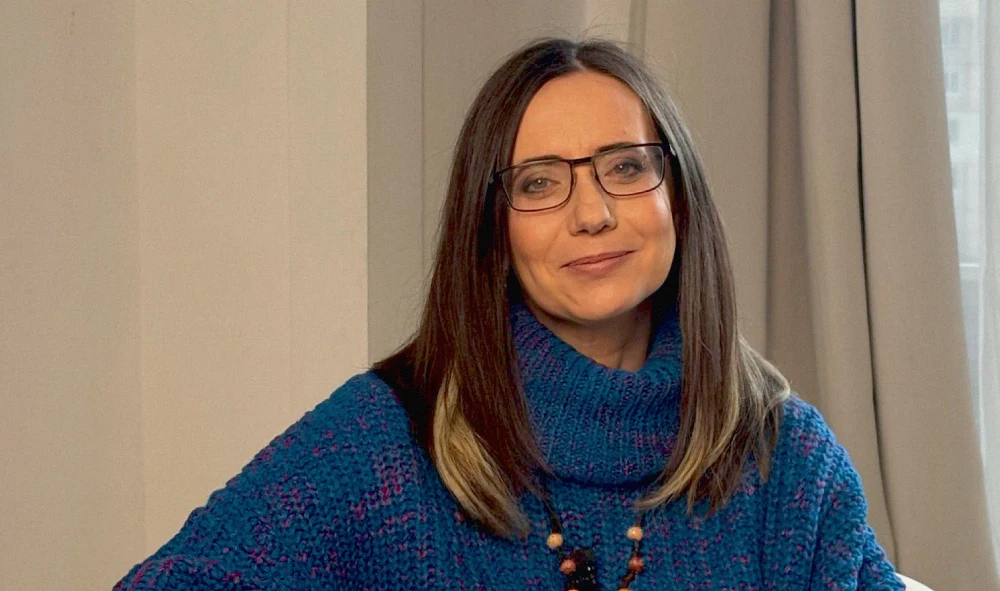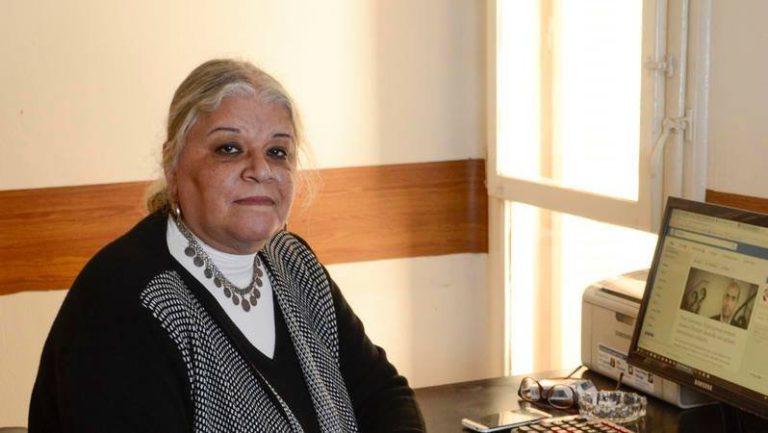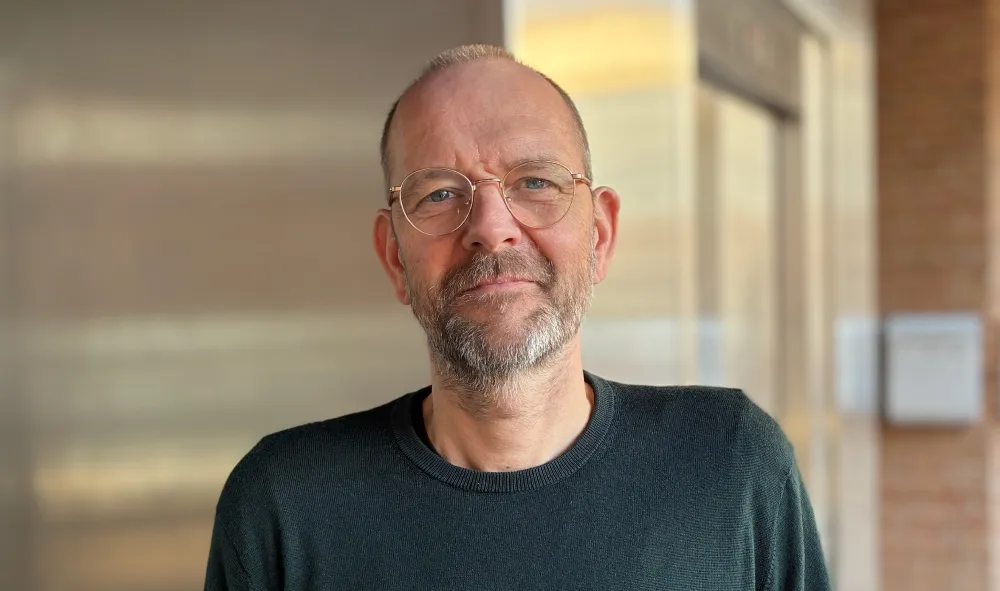In spite of difficulties, the monitoring of human rights in Tunisian prisons has paved the way for a new culture, says the President of Tunisia’s National Preventive Mechanism, which is the first of its kind in The Middle East and North Africa
»We can see that our work has an impact. Things are changing. Maybe slowly. But a new culture is gaining ground in Tunisian prisons«.
Fethi Jarray takes stock of the situation in Tunisian prisons 11 years after the Arab Spring and seven years after the Tunisian National Preventive Mechanism took up its work in May 2016.
A National Preventive Mechanism (NPM) monitors conditions for persons deprived of their liberty and works according to the Optional Protocol to the Convention against Torture (OPCAT) of the United Nations. Fethi Jarray is President of the Tunisian NPM, which is known by its French abbreviation INPT. We met Fethi Jarray at the INPT office in Tunis.
As one of the INPT’s major achievements Fethi Jarray points out that the INPT has written two important books in close collaboration with the Tunisian Ministry of Justice and the prison authorities.
One is the prisoner miniguide that is now distributed to prisoners in Tunisia. It consists of 120 pages and answers 252 fundamental questions about prisoners’ rights from the moment they are first detained to their release.
They also collaborated on the Prison Law Manual, which consists of more than 600 pages and among other things compares Tunisian law and practice to international standards such as the UN Nelson Mandela Rules or the Council of Europe’s European Prison Rules. The latter book is mainly for »connaisseurs«, as Fethi Jarray puts it, but it is available even to prisoners in Tunisian prison libraries.
Both books have been published in Arabic and French

INTP books
Torture and abuse take place
In spite of clear progress, the work of the INPT has not managed to eradicate torture completely:
»Unfortunately, torture or other forms of abuse take place in Tunisia«, notes Fethi Jarray.
»Mainly during interrogations in the first few hours after an arrest when police are trying to make a suspect confess. In prisons where prisoners serve their sentences it is less frequent. On average, we receive three notifications of alleged torture or abuse each week«.
The INPT’s task is to monitor the situation in police detentions, jails, prisons, and psychiatric hospitals in order to prevent any violation of the UN Convention against Torture. Since 2017, Fethi Jarray has been the President of the INPT that was established in 2013 but started working in 2016.
»When visiting the institutions where people are deprived of their liberty, we obviously don’t see the torture as such. But there are traces«, he says.
The INPT has the access it wants to the institutions in spite of a few difficulties at the beginning in 2016.
»At present we don’t experience any problems concerning access. Sometimes we have to wait for 10 or 15 minutes to get in. But we always get access – including to places that are not traditional jails or prisons such as transit centres at airports or places where persons were isolated during the Covid 19 pandemic«.
The INPT also monitors the conditions of psychiatric patients who are deprived of their liberty.
»In Tunisia, we have only one hospital dedicated exclusively to psychiatric patients. But there are psychiatric wards in other hospitals, and even though they sometimes do not seem to be too familiar with the mission of the INPT, we have always managed to get access«, explains Fethi Jarray.
Unannounced visits
Most of the INPT visits take place unannounced. But when a visit is carried out at an institution for the first time, the INPT will typically announce it beforehand and take the opportunity to present the INPT, its mandate, the objectives of the monitoring and the process in order to avoid misunderstandings or problems.
The INPT has sixteen members who all go on visits to institutions. The number of members who take part in one visit varies between two and twelve depending on the institution and the purpose of the visit.
»Our teams are multi-disciplinary and will consist of at least one lawyer and one physician and sometimes also of an expert in social science or others. If it is a preventive visit, we will generally attend with six or more members. When we investigate a case of torture, we generally send only two or three members«.
Since the very start of the INPT, DIGNITY has been following it closely with support and advice.
»DIGNITY has supported our work together with other international partners who share our worries and our cause of defending human rights. DIGNITY is a strategic partner, with whom we collaborate on investigations, documentation, and publications«, says Fethi Jarray.
He points out that the state-financed budget covers the fixed expenses related to the monitoring activities but he is happy that the international community also contributes financially. Otherwise, it would not be possible to fully finance things such as INPT communication, scientific research, and training of new INPT members.
»Our partners complete our budget by financing some parts of our work that would otherwise be difficult within the budget financed by the state«, says Fethi Jarray.
In spite of a rather fluid and transitory phase in Tunisia, Fethi Jarray is optimistic on behalf of human rights and the combat against torture in Tunisian prisons.
»We do register improvements, so I’m optimistic. But I’m also a realist, and I know that some things may not change tomorrow. We are in an irreversible process but it may take some time«.





